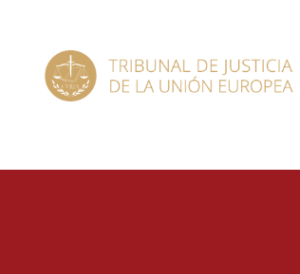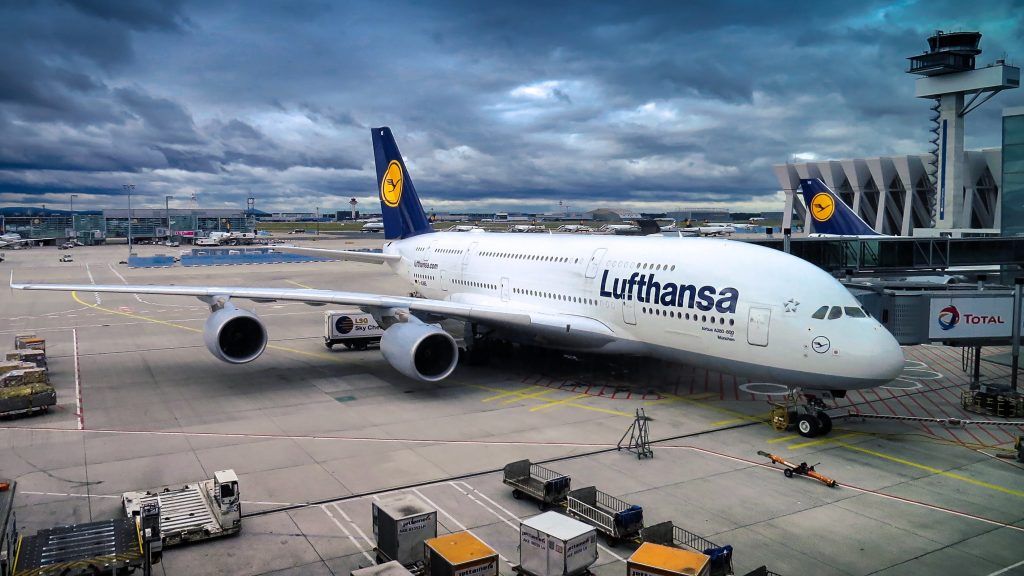The Commission committed several errors, in particular, by considering that Lufthansa was unable to obtain financing on the markets for the entirety of its needs, by failing to require a mechanism incentivising Lufthansa to buy back Germany’s shareholding as quickly as possible, by denying that Lufthansa held significant market power at certain airports, and by accepting various commitments that do not ensure that effective competition on the market is preserved.
On 12 June 2020, the Federal Republic of Germany notified the European Commission of individual aid in the form of a recapitalisation of €6 billion euros (‘the measure at issue’) granted to Deutsche Lufthansa AG (‘DLH’). The recapitalisation, part of a wider series of support measures for the Lufthansa Group, 1 was intended to restore the balance sheet position and liquidity of the undertakings in that group in the exceptional situation caused by the COVID-19 pandemic.
The measure at issue consisted of three different elements, namely an equity participation of approximately €300 million, a silent participation that is not convertible into shares of approximately €4.7 billion (‘Silent Participation I’) and a silent participation of €1 billion with the features of a convertible debt instrument (‘Silent Participation II’).
Without initiating the formal investigation procedure provided for in Article 108(2) TFEU, the Commission classified the measure at issue as State aid that was compatible with the internal market under Article 107(3)(b) TFEU and the Communication from the Commission on the Temporary Framework for State aid measures to support the economy in the current COVID-19 outbreak.
The airlines Ryanair DAC and Condor Flugdienst GmbH (‘Condor’) brought two actions for annulment of that decision, which are upheld by the Tenth Chamber (Extended Composition) of the General Court on the ground that

Asunto C-379/18 Deutsche Lufthansa / Land Berlin. Sentencia del Tribunal de Justicia (Sala Cuarta) de 21 de noviembre de 2019 |
Findings of the Court
The admissibility of the actions for annulment
As regards the standing of the applicants to bring proceedings to challenge the merits of the contested decision, the General Court observes that, in accordance with the fourth paragraph of Article 263 TFEU, there are two alternative situations in which any natural or legal person may institute proceedings against an act which is not addressed to them, namely, first, if the act at issue is of direct and individual concern to them and, second, if it is a regulatory act that is of direct concern to them and does not entail implementing measures.
Since the contested decision, which is addressed to the Federal Republic of Germany, does not constitute a regulatory act, the General Court determines whether the applicants are directly and individually concerned by that decision.
As regards, first, the question of individual concern, it is apparent from the case-law that that condition may be satisfied if the applicants adduce evidence to show that the measure concerned is liable to have a substantial adverse effect on their position on the market at issue. Accordingly, Ryanair and Condor showed their status as direct competitors to the Lufthansa Group on a multitude of routes, which would all constitute relevant markets. Ryanair also highlighted its status as a direct competitor of the Lufthansa Group on the German, Belgian and Austrian markets.
After observing that, at the stage of examining the admissibility of an action, it is sufficient to find that the definition of the market at issue put forward by the applicants is plausible, that being without prejudice to the substantiveexamination of that issue, the General Court confirms that the measure at issue was liable to have a substantial effect on the competitive position of the applicants on the markets for the transport of passengers by air.
It is apparent from examining the relevant and credible data provided by the applicants, read in combination with the contested decision, that the measure at issue was not only likely to allow the Lufthansa Group to cope with the risk of an exit from the markets on which it was in direct competition with the applicants, but also to strengthen its competitive position. Accordingly, the grant of the measure at issue was prima facie capable of causing the loss of an opportunity to make a profit or a less favourable development than would have been the case for the applicants without such a measure.
As regards, second, the question of whether the applicants are directly concerned, the General Court observes that a competitor of a beneficiary of aid is directly concerned by a Commission decision authorising a Member State to pay the aid when there is no doubt as to that State’s intention to do so, which was the case in this instance.
Having regard to all those factors, the General Court confirms that the applicants are entitled to challenge the contested decision on the merits by means of their actions for annulment.
More information:







Leave a Reply